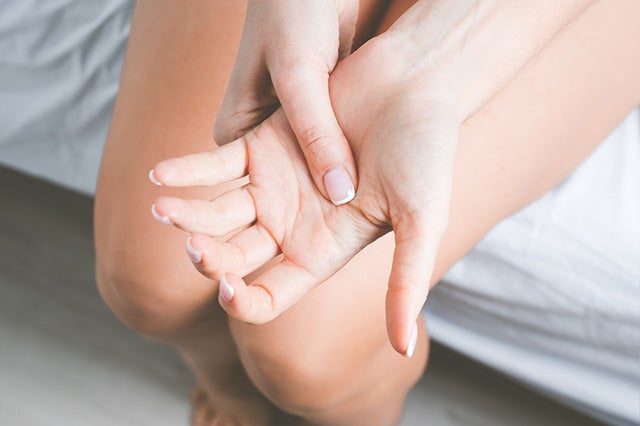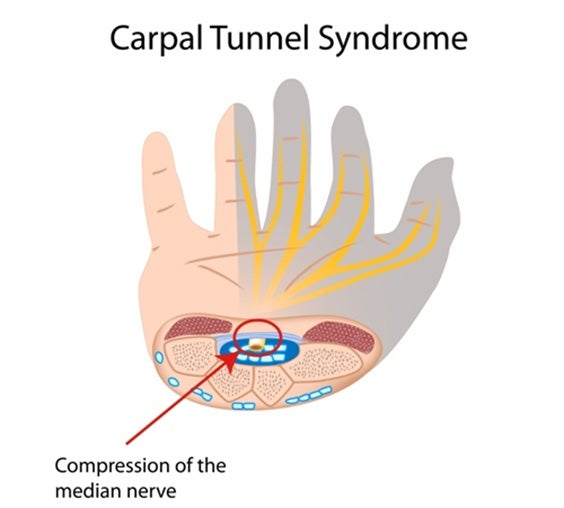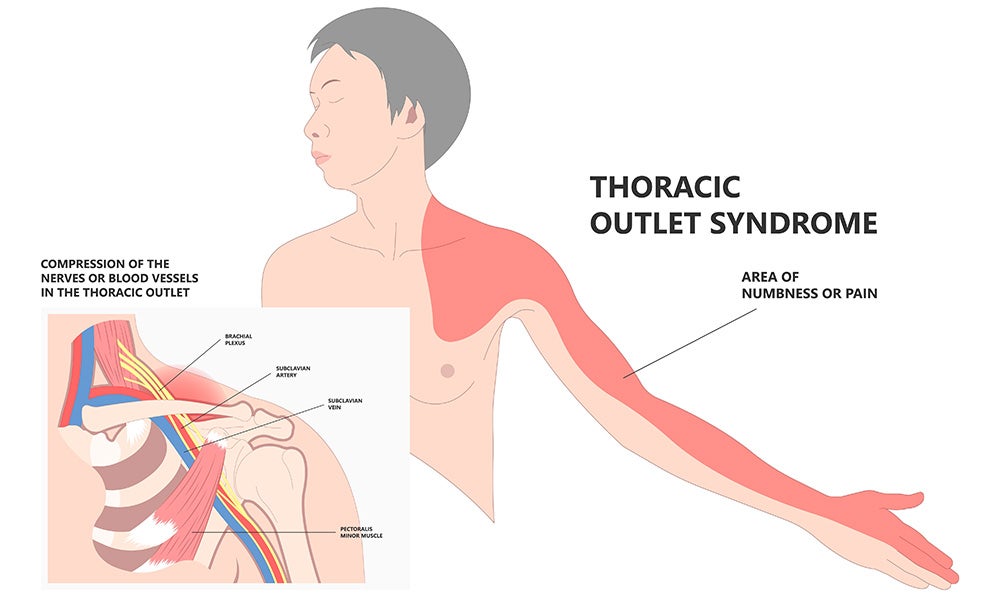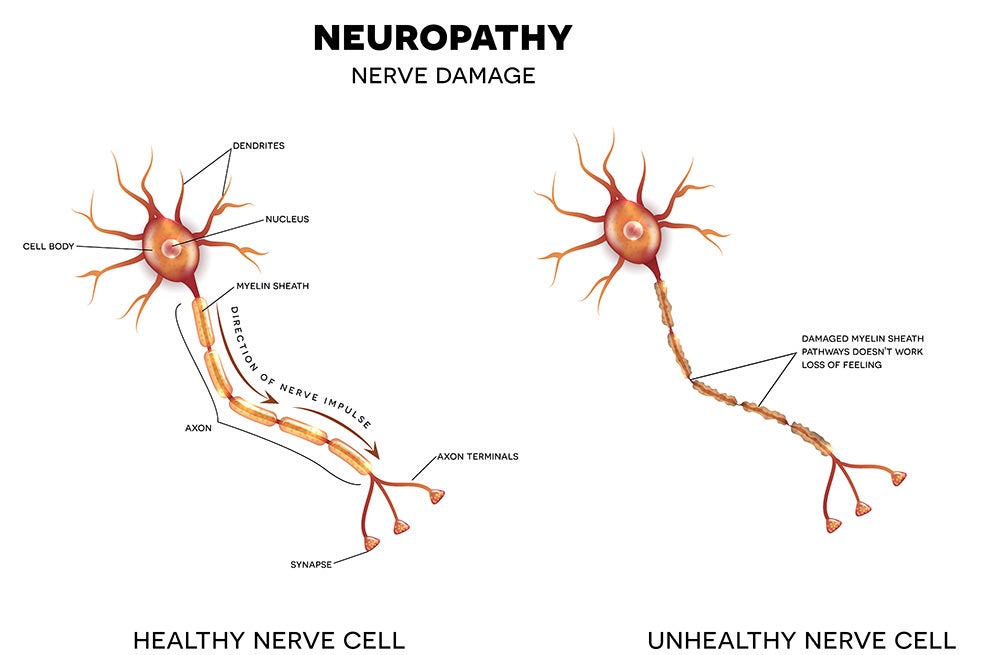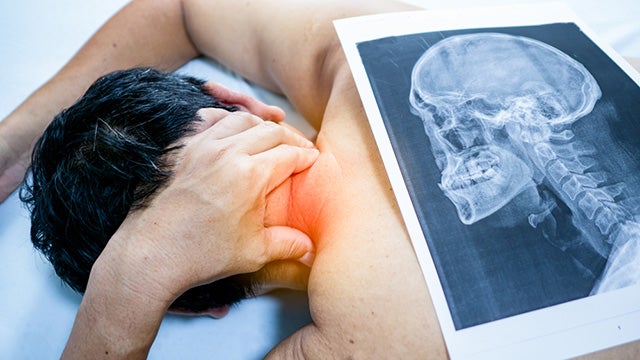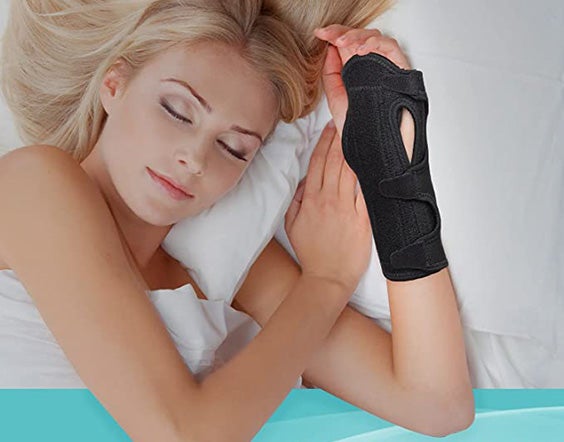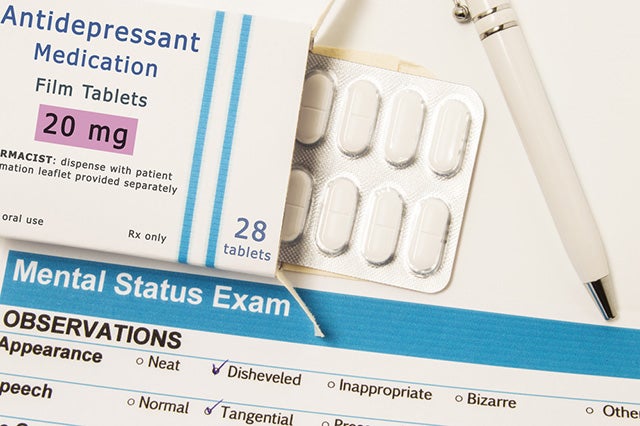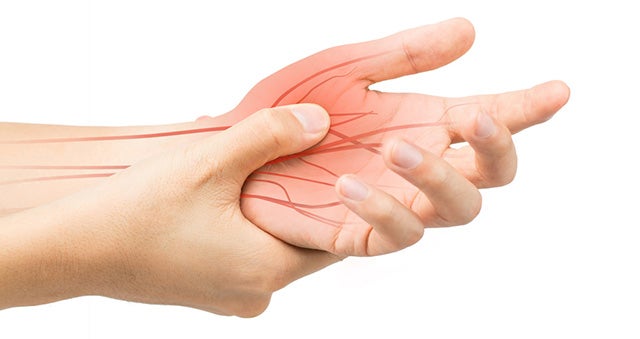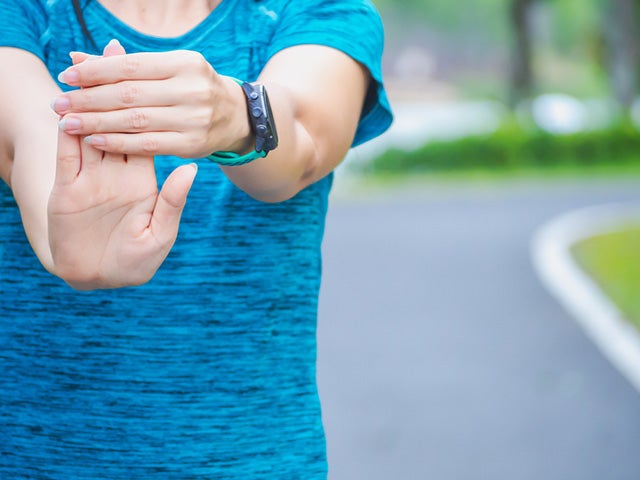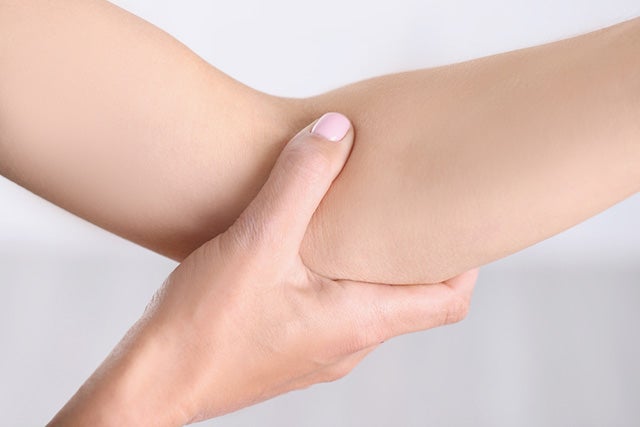Did you ever wake up with a tingling sensation or numbness in the fingers? Most of the time, this is nothing to worry about. However, there are a few conditions that could cause this, so let’s find out more about why you’re waking up with numb fingers.
What Causes Numb Fingers?
It’s not unheard of for people to wake up with numb hands. A great number of individuals have, at some point or another, described the feeling as though their hands or fingers were asleep.
Even if this is quite common, it could also be a sign of a more severe condition. If this numbness doesn’t go away when you wake up and reposition, you should seek medical help.
Because having numb hands may be an indication of a more serious underlying medical condition, it is essential to be aware of any other symptoms that may be present.
What Does It Mean When Your Fingers Are Numb?
As mentioned before, waking with numbness in your fingers is normal. However, if this feeling lingers, you need to consider another potential cause aside from a bad sleeping position.
• Carpal Tunnel Syndrome
This usually occurs when the median nerve is compressed, which is a tiny pathway on the palm side of the wrist, which is the root cause of carpal tunnel syndrome. Tingling and numbness are the most frequently experienced symptoms. There is also a possibility of a decrease in grip strength.
• TOS
Thoracic outlet syndrome (TOS) is when nerves or blood arteries in your upper chest and lower neck areas are inflamed, damaged, or squeezed, a collection of conditions known as thoracic outlet syndrome can emerge. This syndrome includes several different illnesses.
• Nerve Damage
Also known as peripheral neuropathy, nerve damage can refer to multiple problems related to peripheral nervous system damage. Numbness and tingling are amongst the symptoms.
• Cervical Spondylosis
Spondylosis of the cervical spine is typically brought on by the gradual breakdown of the spinal discs in the neck that comes with advancing age. This can result in symptoms of osteoarthritis, like bone spurs and disks that bulge out of their normal position.
Both can cause the space in your cervical spine to become more restricted and can apply pressure on the spinal cord or nerve root, which can result in numbness in the hands.
• Diabetes Mellitus
Diabetes mellitus is a persistent condition that results in excessive levels of sugar in the blood. It takes place when your body either fails to respond to insulin effectively or fails to produce enough of it.
About half of all people who have diabetes have some sort of nerve damage that can make your hands ache, feel numb, and make you less strong.
Tips for Dealing with Numb Fingers in the Morning
Treating hand numbness is dependent on the underlying reason. If the numbness is only temporary and goes away when you switch positions while sleeping, you may not require any treatment for it.
• Wrist Guards & Splints
You can alleviate strain on your median nerve by keeping your wrists in a straight position by wearing a splint or wrist guard. To reduce the risk of developing symptoms of carpal tunnel syndrome, wear them when engaging in activities that require repetitive motions or in the evenings.
• Antidepressants
Certain forms of antidepressants are effective in treating neuropathic pain because they disrupt the systems that are responsible for the transmission of pain signals. They have the potential to be useful in the treatment of nerve pain brought on by diabetes as well as other disorders.
You might want to read this: The Relationship Between Sleep and Depression
• Vitamin B12
Oral vitamin B-12 supplements are one method that can be used to address vitamin B-12 deficiencies. You may require vitamin B-12 injections if the deficit is severe or if you are unable to absorb vitamin B-12 from the food you eat. You can eat foods rich in vitamin B12, like liver, eggs, and salmon.
• OTC Pain Meds
Aspirin and other nonsteroidal anti-inflammatory medicines, like ibuprofen, can help manage minor discomfort and inflammation in various parts of your body, including your neck, hands, and other locations.
• Good Mattress and Pillow
If your bed and pillow are not the best quality for sleeping, then you might find yourself tossing and turning as well as positioning your hands to make yourself more comfortable. This can lead to numb wrists in the morning.
Investing in a good mattress and the best pillow to support your body can really help alleviate this issue.
You might want to check this out: Best Mattress for the Money
Is Numb Fingers in the Morning Cause for Concern
Since numb fingers in the morning are mostly due to bad posture, there is no reason for concern. If you’re still worried, let’s look at the exact causes of numb morning fingers.
Head in Palm
Most heads weigh around 11 pounds and that’s a lot to press down your hand throughout the entire night. This usually compresses the ulnar or median nerve, which leads to numbness.
Bent Wrist
The vast majority of healthy adults sleep with their hands unconsciously bent either extremely forward or extremely backward. The bending, on the other hand, does not typically persist for an extended period.
If it happens, there is a risk of compression of the ulnar and median nerves in the wrist joint. The consequence of this is waking up with numb hands.
Elbow Pressing
Everyone sleeps in the position that is most “comfortable” for them. In addition, we move about in our sleep up to thirty-six times every single night.
However, the ulnar and median nerves in your arm and hand may start to hurt if you adopt one of four specific positions and remain there for an extended period. It is well known that various sleeping positions put pressure on these nerves.
The Bottom Line
Many people who sleep with their arms or hands in an awkward position experience numbness and an excruciating sense of pins and needles, but it isn’t the only possible explanation.
In some cases, numbness in the hands can be an indicator of a more serious medical condition. If the feeling doesn’t go away shortly after waking up, you might want to see a doctor.
Photo credit: Creative Cat Studio/Shutterstock; Alila Medical Media/Shutterstock; Pepermpron/Shutterstock; Tefi/Shutterstock; K.unshu/Shutterstock; solar22/Shutterstock; Shidlovski/Shutterstock; Tatjana Baibakova/Shutterstock; MyetEck/Shutterstock; fizkes/Shutterstock; SoftSheep/Shutterstock; megaflopp/Shutterstock
